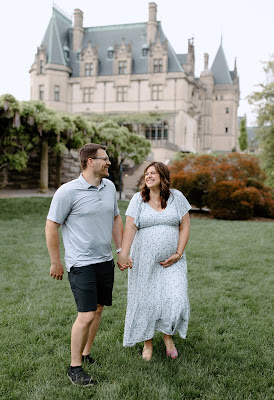Ikigai
Photo: Riomaggiore in the Cinque Terre, 2014
Ikigai: "reason to live"
A few weeks ago I did a post on longevity where I introduced the concept of the Blue Zones and the Power Nine from Dan Buetner. One of the concepts that I just love is the Okinawan concept of ikigai, translated as "reason to live." The Costa Rican Blue Zone in the Nicoya Peninsula has a similar concept called plan de vida ("life plan"). In studies of longevity, those who live longest live with a sense of purpose to their lives-- they wake up each day and know their purpose and how that impacts what they will do that day.
I shared this image in my last post on the Blue Zones (A Note on Longevity), but I will share again here as we are speaking about the concept of ikigai.
Ikigai is thought to be your reason to live in the sense of where your passion, mission, vocation, and profession meet. Essentially, the outer parts of this diagram ask the questions:
1. What does the world need?
2. What do you love?
3. What are you good at?
4. What can you get paid for?
Your ikigai is postulated to be the junction of all of these things. I think sometimes, I've gotten this all wrong. I seek after things I am passionate about but can't realistically get paid for. Or I go after what I can get paid for, but I am not passionate about it and thus I feel burnt out and like I am not making a difference.
I think Americans have tried on different versions of this, and maybe even in other countries, this can look different based on cultural differences. In the US, I would say many people are seeking their ikigai in their work without considering the four aspects or questions above that help you find your ikigai in work. And I don't think that's always a bad thing, except when it leads to the workaholic type culture that America feeds into.
Be curious as you explore your ikigai. I don't think that it's something we all immediately know about ourselves; I think it takes some reflection and exploring. And it may even take stepping outside of what your routine is, stepping outside of what you've been doing for a while. It might take making a really big change in your career or in how you are living your life at home. I think I am still finding my ikigai. I think each day I get a little bit closer to finding it, but at 30, I don't know if I quite know what it is.
One thing I feel particularly drawn to, which I have talked about before in this space, is my love for hospice and palliative care. I recently told someone at work that my best days were the ones where I helped someone understand their dying process; many people are uncomfortable talking about death and dying, but when I hear someone wants to talk about it, I put my computer down and scoot a little closer, feeling giddy inside as I offer what I know to them.
What if my ikigai is helping people die? It's kind of a weird one, I suppose. My purpose in waking up every day is helping people die? I have long considered it an honor to help someone pass from this world to the next. As a believer, I feel honored to help someone transition to the realms of the heavenly.
Everyone wants to participate in welcoming new life into the world-- when babies are born, people gather around and bring meals and celebrate. But when people are dying, they are often left alone because people are uncomfortable with death and don't know what to say. What if people want to be celebrated in their dying, as well? What if they need someone to open up that conversation for them? Many people want to talk about death with their healthcare providers but don't know how to bring it up; many healthcare providers don't ask.
In my last job, I was fortunate to work with some of the experts on having this conversation, using a framework called the 4Ms. The 4Ms involve medications, mentation, mobility, and what matters. That last question is the game changer. When you ask someone what matters, that's when you really get down to what is important to them. And for some people, what matters is being able to spend time with their families and grandkids and spouses without running to the doctor four times a month for various tests and treatments. Maybe they want to give those things up to spend their last days with loved ones.
Be curious as you explore your ikigai. You may find that it's something completely unconventional and something you never dreamed of.




Comments
Post a Comment